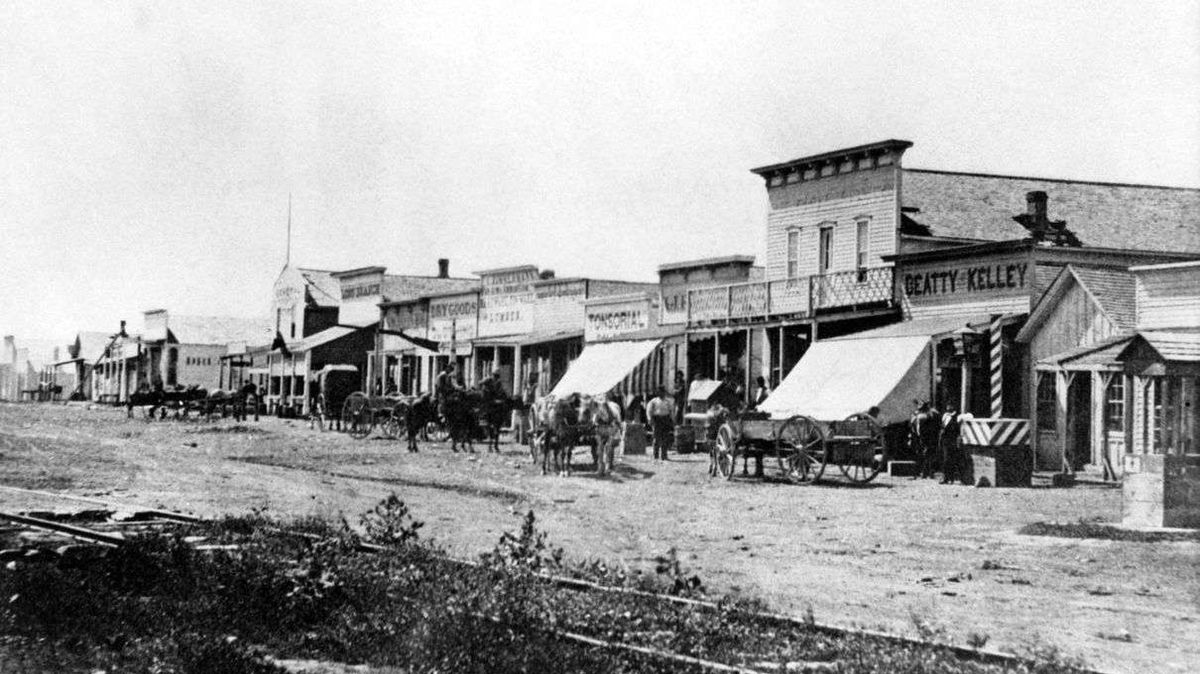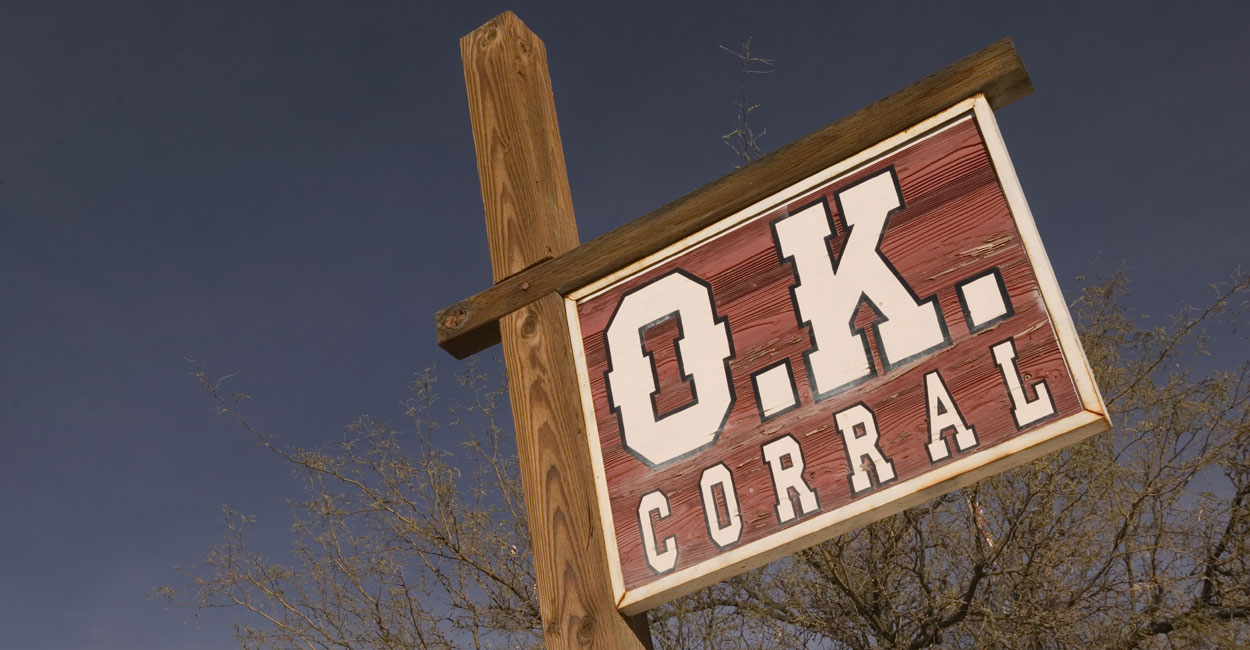Vietnam’s development over the past 30 years has been remarkable. Economic and political reforms under Đổi Mới, launched in 1986, have spurred rapid economic growth, transforming what was then one of the world’s poorest nations into a lower middle-income country. Between 2002 and 2018, GDP per capita increased by 2.7 times, reaching over US$2,700 in 2019, and more than 45 million people were lifted out of poverty. Poverty rates declined sharply from over 70 percent to below 6 percent (US$3.2/day PPP). The vast majority of Vietnam’s remaining poor – 86 percent –are ethnic minorities.I agree that socialism is a great idea in a utopian society but due to the greed of mankind it doesn't work in real life. Somebody always benefits off the labors of others.
Vietnam was a great example. After the US pulled out and North Vietnam took over "the Vietnamese government introduced a socialist, centrally planned economy in the south. (This system was already in place in the north.) In such economies, people are often discouraged or forbidden from owning private property. Instead, property is “collectively” owned and controlled by the government, which makes decisions about what to produce and how much to distribute to different groups.
About half of all rural families in the south were organized into agricultural collectives. These collectives put several families together into a single unit that was expected to combine what they produced and turn over any surplus (anything above what they needed for their basic and immediate consumption) to the government. The government distributed this surplus to people elsewhere in the country. In collectivized farming, people were rarely rewarded individually for their hard work. Thus, while collectives were supposed to make the rural economy more productive, they often had the opposite effect. Says Goscha: “collectivizing agriculture and setting uncompetitive prices … erased incentives for production in the countryside. Rather than producing more, Vietnamese peasants … simply cultivated enough land upon which to live rather than have to turn over any surplus to the state at fixed prices (i.e. at a loss).”24
With decreasing productivity, the economy contracted. By the late 1970s, Vietnam, once a major rice producer, was experiencing cases of famine or near famine. It was becoming clear that the socialist economic experiment in the south was failing.
Some peasants who were forced to join rural collectives resisted in ways that were quiet and indirect. They did this in order to avoid punishment, a tactic anthropologist James Scott calls “weapons of the weak.” This includes small but persistent actions or inactions by those who lack formal power to push back against those who have formal power. These “everyday forms of resistance” included, for example, not putting forth one’s full effort to produce for the collective in order to save time and energy to grow food for one’s own family. Another example was delaying delivery of grain or livestock to government authorities.25 These tactics became increasingly common, and by the early 1980s there was a noticeable “southern resistance” to collectivized agriculture.26 It should also be noted that peasants in the north were also using these resistance tactics, and many eventually withdrew from collectives."
Source: https://asiapacificcurriculum.ca/learning-module/vietnam-after-war
source:worldbank.org







